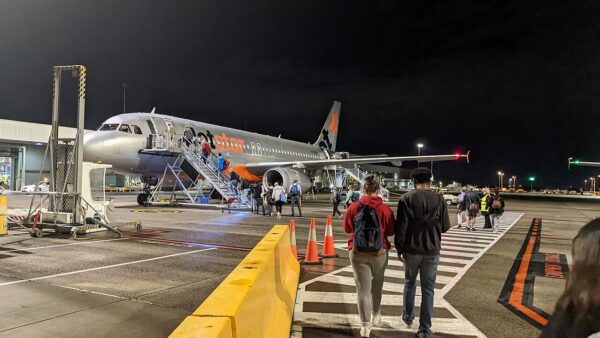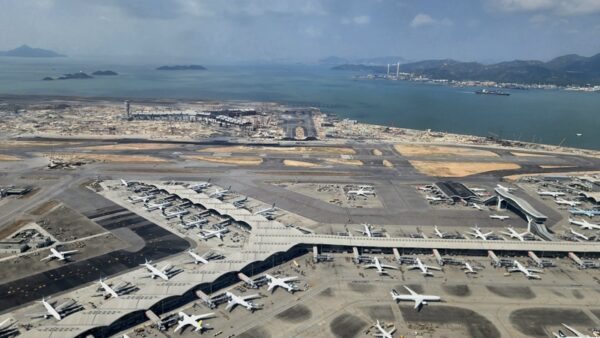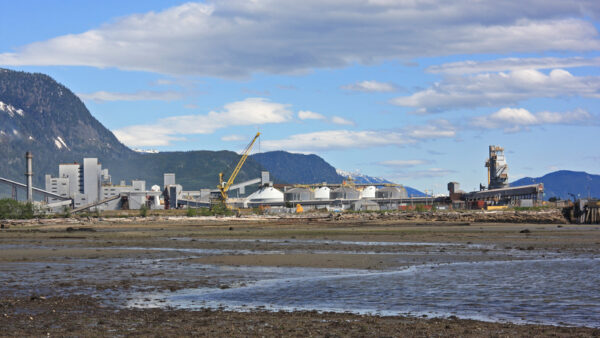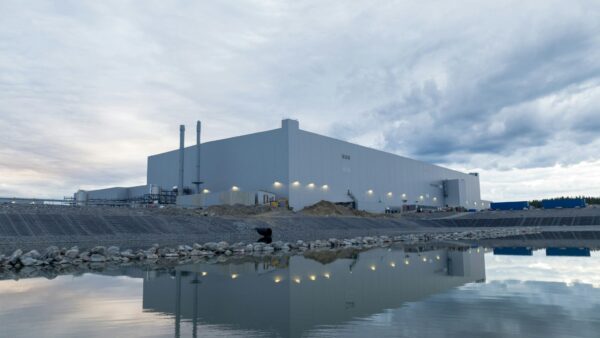The political fall-out over the Ugandan government’s decision to strip China Civil Engineering and Construction (CCECC) of a major railway contract and give it to China Harbour Engineering (CHEC) continued last Friday, when the president of Uganda told the local head of CCECC to stop playing politics or “leave the country”.Â
The confrontation took place at a meeting held in the presidential office at Entebbe State House to discuss the continuing confusion over the contract award.
During the meeting President Yoweri Museveni (pictured) is reported to have told Dai Yang, the Ugandan head of CCECC, that neither parliament nor Uganda’s courts would help CCECC get the contract to build the eastern and northern rail routes of the multi-billion-dollar standard gauge scheme.
“You came here to do business, not politics; if you are not willing to co-operate, leave the country,” Museveni said to Yang, according to local media.
CCECC has been accused of using the Ugandan political system to lobby against the final award of the contract to its rival Chinese firm.
You came here to do business, not politics; if you are not willing to co-operate, leave the country– Ugandan President Yoweri Museveni
Last week, five Ugandan MPs wrote to Export-Import Bank of China, which is financing the scheme, to warn it not to release money as CHEC had breached the Ugandan constitution.Â
The MPs also tabled a motion in parliament calling for an inquiry into the actions of John Byabagambi, the minister for works who is in charge of the rail scheme, and all officials involved in procuring the project.
Byabagambi, who attended the meeting at State House, as did officials from CHEC and the Ugandan attorney general, has accused the MPs of receiving bribes from CCECC to frustrate the project; two of the MPs held a press conference on Monday to deny the accusations and to accuse the government of overpaying CHEC.
Yesterday Byabagambi told the Kampala Observer that he thought Yang should be expelled from Uganda. He said he had no quarrel with him, but was concerned with the Chinese executive’s willingness to be used by some “greedy” Ugandans, whom he declined to name.
He said: “The confusion over the contract is not caused by him; it was generated by the Ugandans representing him and those bent on extorting money from him. He needs to work with the government, not the extortionists; they are misleading him, pushing him to take us to court.”
Another growing source of controversy is the increasing price of the railway. It is understood that CHEC’s final proposal quotes a figure of $8.4bn, rather than the $6.7bn it had given in its bills of quantities. During Monday’s press conference, the MPs claimed that the cost had secretly risen to $11.4bn.
In his interview the following day, Byabagambi said: “We have not finished negotiations, those are negotiating figures that those people are referring to.” He said CHEC was offering Uganda a better price than either Kenya or Ethiopia had received.Â
The MPs claimed that Uganda is being asked to pay more than other countries in east Africa.Â
The rail line, which is the largest civil engineering project in Ugandan history, and a prerequisite of its economic development, was officially launched on 8 October by presidents Paul Kagame of Rwanda and Salva Kiir of South Sudan, as well as Kenyan cabinet secretary Michael Kamau and Museveni.Â
The contract with CHEC was to have been signed the same day, but the chairman of the contracts committee declined to approve the document because it failed to meet certain legal requirements. Museveni has reportedly given the contracts committee three weeks to amend the form.
The plan is to conduct a feasibility study and begin preliminary design work until June next year, after which construction work will begin.Â
On the Kenyan side of the border, China Road and Bridge is about to begin construction. It has started putting up camps in the coast region, which will be used for construction of the first phase between of Mombasa to Nairobi.Â
The Mariakani camp, which is 60% complete, comprises a concrete mixing plant, laboratories and a staff quarter for the contractor’s technical staff. It will also host Kenya Railway and government technical team.
Kenya Railways Corporation Managing Director Atanas Maina said the land acquisition process was almost complete and China Exim bank was about to pay its first instalment to the contractor.Â
When complete, passengers will be able to travel from Ethiopia and South Sudan to Uganda at 120kmph, and freight will be move at 80kmph.










